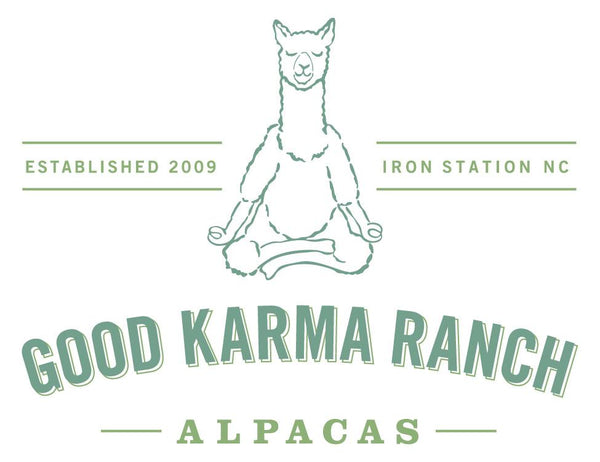Alpacas 101

A FEW FACTS
Alpacas are members of the camelid family indigenous to South America. They are mild-tempered and inquisitive by nature. There are two different breeds: Suri and Huacaya. Physiologically, both types are identical, but the difference between the breeds lies in their fiber structure. Suris have no crimp in their fiber which helps it to form locks that hang down from the body. The huacaya fiber has crimp that makes them appear fluffy. The primary purpose for raising alpacas is for their soft, luxurious fiber that is harvested annually yielding 5-8 pounds per year. Fiber is spun into yarn or used for felting. Alpaca fiber is considered a specialty fiber rivaling cashmere and angora for fineness. It is considered hypoallergenic. Because of the physical characteristics of the fiber, there is virtually no itch associated with wearing the fiber directly against your skin. It is a very durable fiber that is also naturally flame retardant, warm and durable. Alpacas have 1 cria (baby) at a time and the gestation period is 11 months. Females can be breed starting at around 2 years old. A male alpaca does not generally begin breeding until 3 years old. At birth, the average cria weighs 15-18 pounds, stands within 45 minutes and nurses shortly after. Alpacas are curious animals and when relaxed will approach people to sniff their faces to investigate. They hum to communicate and are very observant of human behavior and always seem most interested in children. They have a strong tendency to band together and are easy to handle due to their docile behavior.
ENVIRONMENTALLY-FRIENDLY LIVESTOCK
Below are reasons alpacas are considered environmentally friendly livestock:
- Padded feet leave even the most delicate terrain virtually undamaged.
- Three separate stomach compartments allow it to convert grass and hay into energy very efficiently.
- Gentle eater. The alpaca does not pull grass up by the root, but simply nibbles on the grass.
- Although alpacas always need access to fresh water, being a camelid they require less water than most livestock.
- Free, natural fertilizer! Often called black gold, alpaca manure is great for vegetable gardens and flower beds. It can be used directly in the garden without composting because alpacas process hay and grass so efficiently it will not burn your plants.
- Alpacas will consolidate their feces and urine in a couple of spots in the pasture, lowering the risk of spreading parasites and keeping clean up much easier.
THE ALPACA ADVANTAGE
- Alpacas are small and easy to handle standing about 36″ tall at the withers weighing 110-160 full grown.
- 8-10 alpacas can fit in 1 well-maintained acre.
- They produce a valuable, hypoallergenic specialty fiber.
- They are gentle animals by nature.
- Easily transported for shows and sale.
